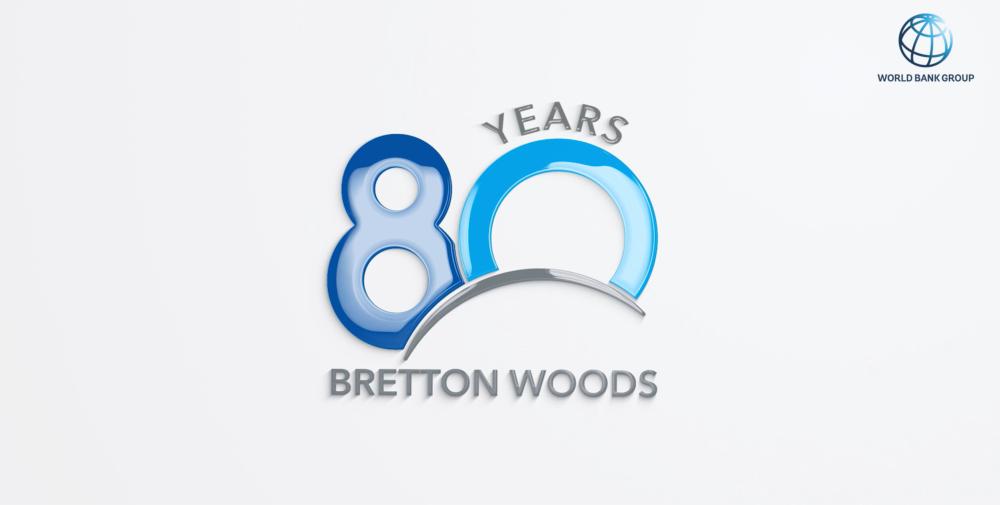80th Anniversary of the World Bank

July 1 marked the 80th anniversary of the creation of the Bretton Woods monetary system, which gave birth to such key institutions as the International Monetary Fund and the World Bank. The main result of the Bretton Woods agreements was the establishment of the US dollar, backed by gold, as the world's main reserve currency. Although the gold standard was later abandoned, the dollar still remains the world's leading currency. However, efforts to create an alternative continue and may one day succeed.
In the 1930s and 1940s, the Bretton Woods resort in New Hampshire, USA, was known only among ski enthusiasts. However, in July 1944, the International Monetary and Financial Conference was held there, which laid the foundation for the Bretton Woods system, which became the basis of the world financial structure of the time.
At the conference, representatives of 44 countries agreed on a key principle: world currencies are fixed at an exchange rate to the US dollar. The choice of the dollar as the main reserve currency seemed logical: the United States was the leader of the world economy, the least affected by the devastation of World War II.
Subsequently, the states that signed Bretton Woods abandoned the rigid system, switching in 1976 to a softer Jamaican system, which abolished the peg of currencies to gold.
Despite the loss of the gold standard, the Bretton Woods system played a key role in the creation of major international financial institutions, such as the World Bank and the International Monetary Fund, which remain the basis of the global financial architecture.
Currently, the World Bank is actually understood as two organizations:
- International Bank for Reconstruction and Development;
- International Development Association.
At different times, they were joined by three more organizations created to solve the problems of the World Bank:
- International Finance Corporation;
- Multilateral Investment Guarantee Agency;
- International Centre for Settlement of Investment Disputes.
All five organizations are part of the World Bank Group and are called the World Bank Group. In some cases, the World Bank continues to refer to the International Bank for Reconstruction and Development, which still forms the core of the World Bank's operations.
Share this: